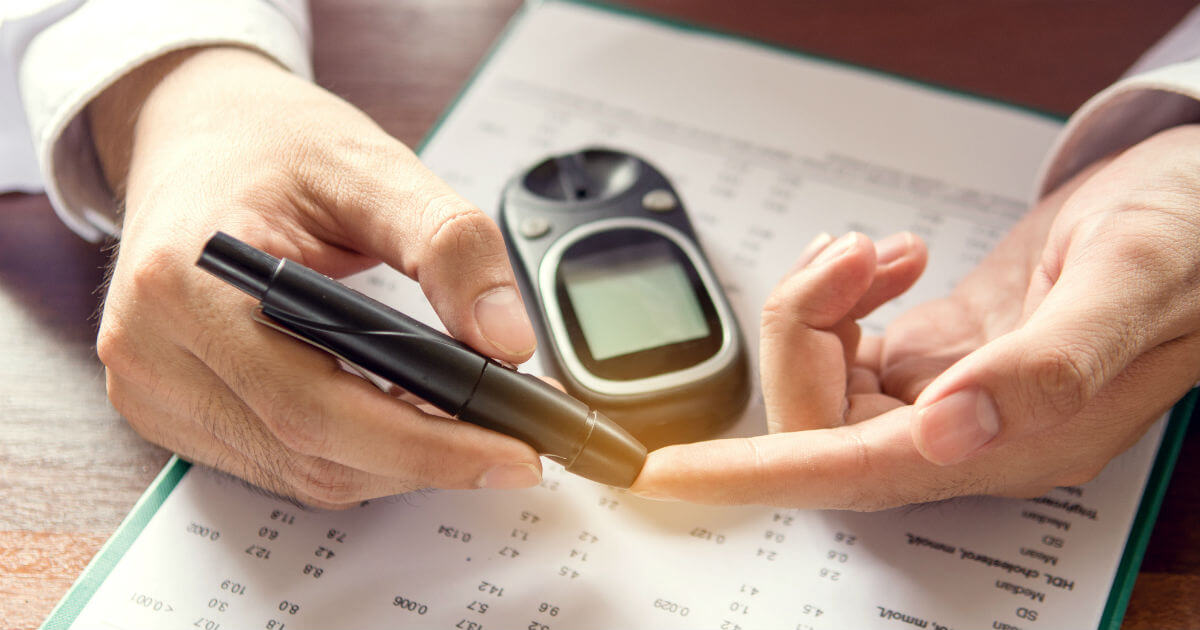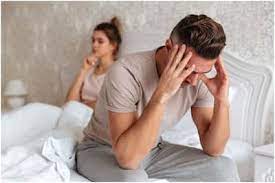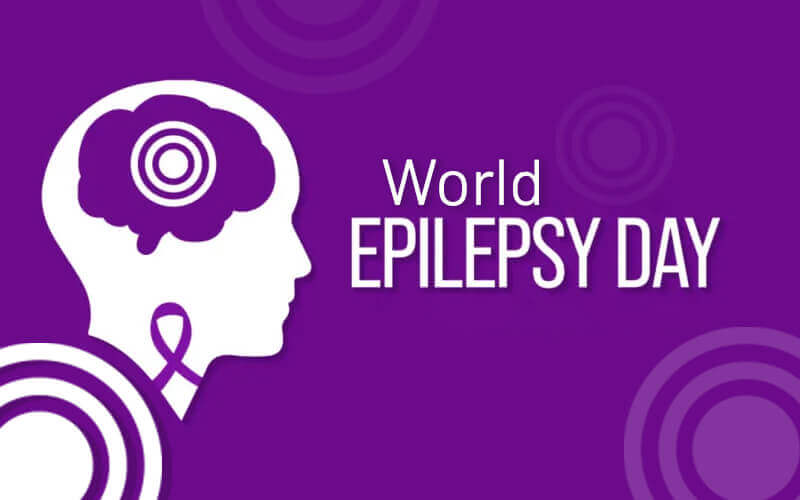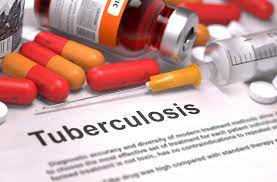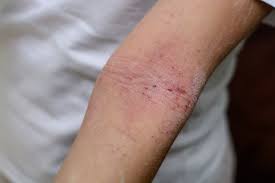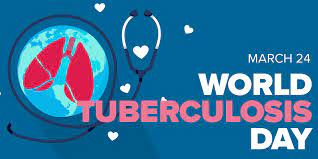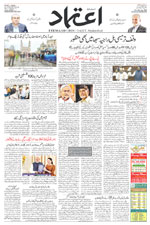Depression,hypertension due to improper sleep: Experts
Mon 19 Sep 2016, 11:32:20
A host of common health issues, including depression, hypertension, diabetes, heart attack and stroke, could merely be a consequence of lack of proper sleep due to sleep apnea, medical experts say.
However, the number of people who consult specialists for disorders like sleep apnea is relatively less in the country due to lack of awareness among the patients as well as among physicians. But the number is likely to rise many folds due to the increasing cases of obesity and pollution, they said.
Sleep Apnea, as defined by World Health Organisation (WHO), is a disorder marked by frequent pauses in breathing during sleep usually accompanied by loud snoring. These pauses cut off the oxygen supply to the body for a few seconds and halt the removal of carbon dioxide. As a result of this, the brain briefly wakes one up, re-opens the airways and re-starts breathing.
This can occur many times during the night and makes proper sleep impossible and lead to excessive daytime sleepiness, difficulty in concentrating or headaches, while at night, snoring is the most common feature."About five per cent people in Delhi-NCR are likely to have sleep apnea. It is a common problem in middle-aged people whose BMI (body-mass index) is high, neck is thick, who snort, feel sleepy during the daytime, whose blood pressure is slightly high and they are early diabetic," Dr Ashok Rajput, pulmonologist and sleep specialist, Venkateshwar Hospital, Dwarka, said.
"One may be physically asleep but their brain keeps functioning. So when you wake up, you don't feel fresh or rejuvenated. You fall asleep while sitting or driving. It also leads to hypoxia which results in high blood pressure, cardiovascular and cerebrovascular diseases, and later diabetes and even heart attacks or brain stroke," Rajput said.
Dr Vikas Mittal, pulmonologist and sleep specialist at Max Saket, said the number of patients with sleep apnea is very less at present primarily because of less awareness among the people and the physicians.
"OSA (obstructive sleep apnea), however, is a major health concern in the West where the number of obese people is high and we can extrapolate from the fact that the rise in cases of obesity in the country will certainly lead to more cases of sleep apnea," Mittal said.
According to Rajput, 40 per cent cases of high blood pressure are because of sleep apnea, and among the
cases of resistive hypertension, where it is not controllable even after 3-4 doses of drugs, 80 per cent are cases of the OSA.
cases of resistive hypertension, where it is not controllable even after 3-4 doses of drugs, 80 per cent are cases of the OSA.
Noting the rise in cases of sleep apnea, Rajput, who has served several institutes including the Army R&R Hospital, Delhi and AFMC, Pune during his 35 year career, said, "About a decade ago, I used to see 2-3 patients a month for sleep apnea. Today I see 2-3 people a day. The jump is tremendous."
According to Astha Ahluwalia, Psychologist, Morpheus Healthcare, "Sleep Apnea is seen to have an effect on the mental health of a person. The difficulty in sleeping and the compromised supply of oxygen to the brain is linked to symptoms of mild depression or anxiety. Irritable moods, short temper, poor concentration, mild cognitive disorientation etc are common with such a problem."
Another phenomenon observed with Sleep Apnea is the stress or worry about chronic breathing problems. This stress leads to anxiety which further worsens sleep, thus making this a viscous sleep deprivation circle, she added.Sleep apnea is not a life-threatening condition in itself, but it can result in serious problems such as cardiovascular and cerebrovascular diseases.
"There is no cure as such, like in the case of hypertension. You can just control it. There are two ways to control it -– Medical and Surgical. The medical method is used widely and involves the use of CPAP (continuous positive airway pressure) which involves continuous positive airway pressure, which forces air through a mask into the airways so that they do not close.
"Some people have structural anomalies -– Micrognathia (small or retracted jaw) and Retrognathia (decreased jaw size, receding chin). In such conditions, the passage (in throat) becomes narrow. So in such cases, the people can undergo surgery.
He clarified that CPAP is not an artificial breathing procedure and is the most widely accepted treatment for sleep apnea."There is also a third method -– Oral appliance. Just like the dentures worn by old people, there are devices that could be worn over the teeth and it is placed in such a way that mandible (lower jaw) does not go backward," Rajput said.
He rued that people in general are not aware that many of the common disorders are caused due to sleep issues and they land up with different specialists instead of a pulmonologist or sleep specialist.
No Comments For This Post, Be first to write a Comment.
Most viewed from Health
AIMIM News
Latest Urdu News
Most Viewed
May 26, 2020
Do you think Canada-India relations will improve under New PM Mark Carney?
Latest Videos View All
Like Us
Home
About Us
Advertise With Us
All Polls
Epaper Archives
Privacy Policy
Contact Us
Download Etemaad App
© 2025 Etemaad Daily News, All Rights Reserved.

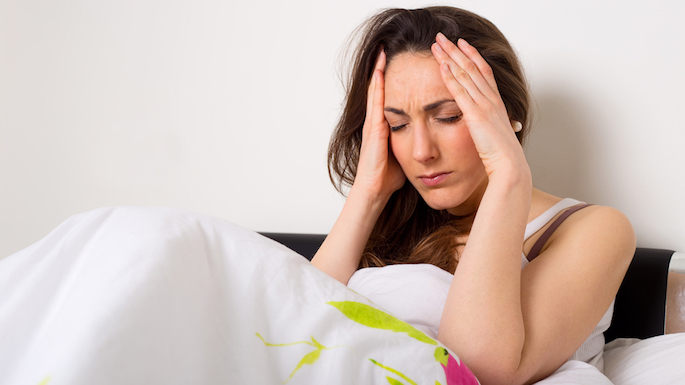
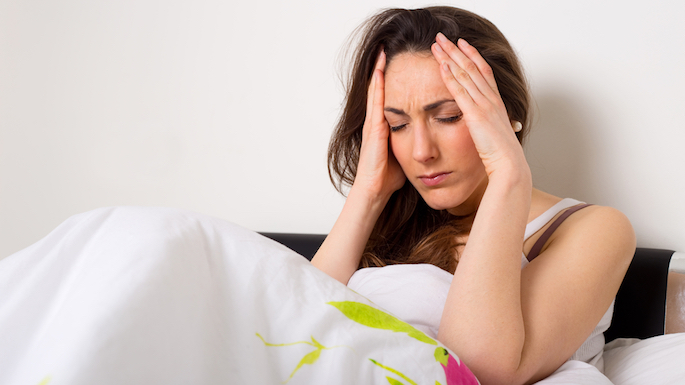

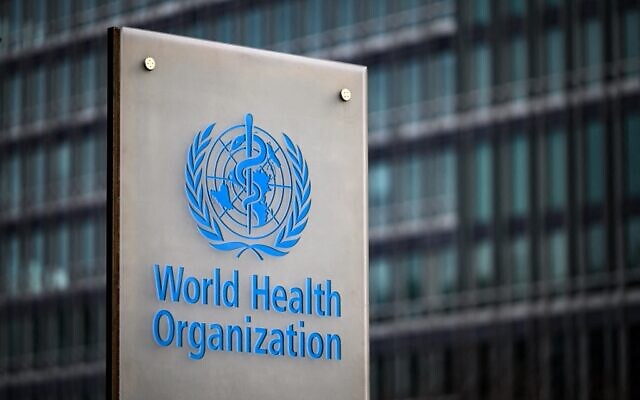

.jpg)
